Three key players from the Chinese men's football team are set to join the top five European leagues. This could be a "glorious moment for Chinese football" or "another shattered dream in Europe." In recent years, when it comes to "Chinese footballers going abroad," many people send them off with high hopes but can't help sighing in disappointment. After Wu Lei's journey in La Liga ended, there was a wave of emotion, "Can't Chinese football really find a few promising talents capable of making it in Europe?"
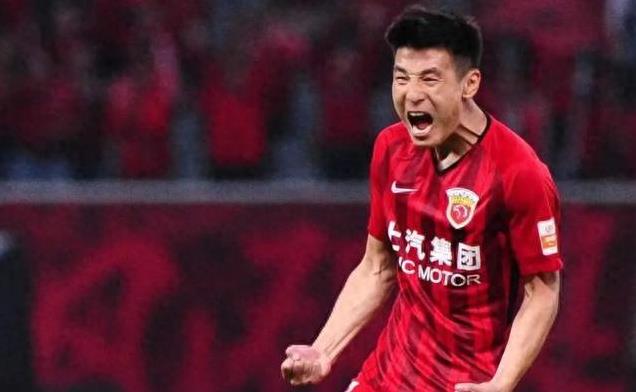
Amidst the doubts, Chinese football fans received new news: three young Chinese players, Liang Shaowen, Lu Yongtao, and Xue Qinghao, are about to join Wolverhampton Wanderers in the English Premier League. If all goes well, they will become the latest batch of Chinese players to step into Europe's top five leagues. However, the question arises: will these three be able to stand firm and fight for the honor of Chinese football? Or will they follow in the footsteps of some predecessors, starting strong but ultimately fading away?
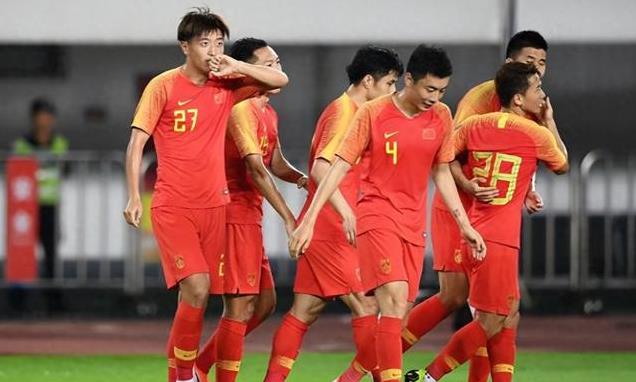
Before analyzing these three young players, we must first understand the background player, Wolverhampton Wanderers. Why does Wolves have a preference for signing Chinese players? There's more to it than simply "discovering geniuses."
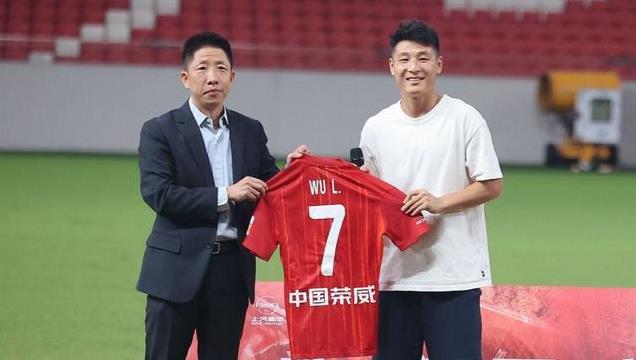
In recent years, Wolves' attention to Chinese players has intensified, from Dai Weijun to He Zhenyu, and now forming a strategic partnership with Nantong Zhiyun. It's clear that they're playing a big game.
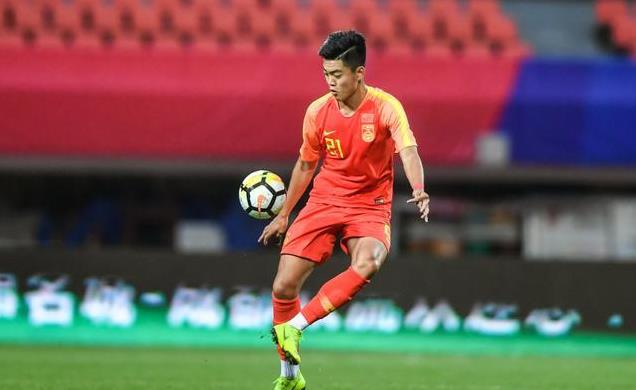
Let's look at the issue from another angle: China, with its vast fan market, attracts countless European clubs. According to statistics, the number of Chinese football fans has reached hundreds of millions. Compared to England's native football culture, the sponsorship and broadcasting fees in the Chinese market are akin to a "gold mine." By signing Chinese players, Wolves not only injects diverse competitive elements into the team but also enhances their commercial influence in the Chinese market. It is these considerations that have led Wolves to continuously target the Chinese potential market.
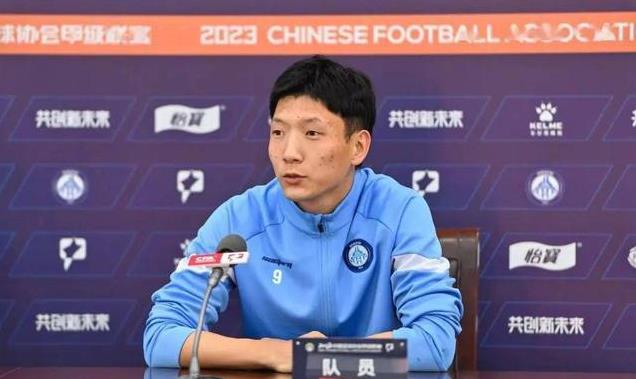
However, one must forge one's own strength. Wolves would never sign players just for the sake of the market. They need young players with potential who can speak with their abilities. In this regard, the cooperation with Nantong Zhiyun has given them enough confidence, and Liang Shaowen, Lu Yongtao, and Xue Qinghao are the three aces "picked out" behind the scenes.
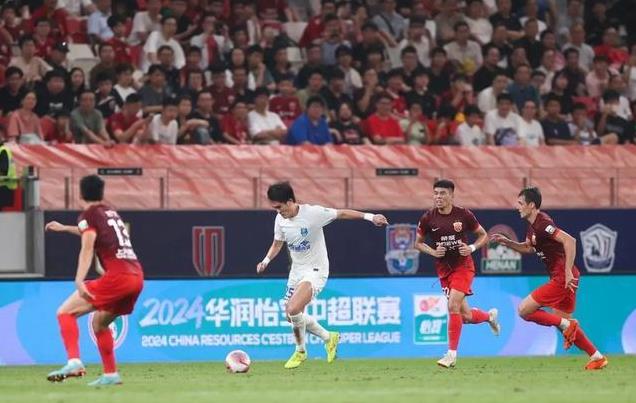
Liang Shaowen's name has gained significant attention domestically over the past two years. As a "scholar" from the former Guoan youth training, he quickly established himself with his excellent strategic vision and stable defensive capabilities. After being loaned to Nantong Zhiyun this season, he has repeatedly defused crises with precise interceptions as the core of the backline.
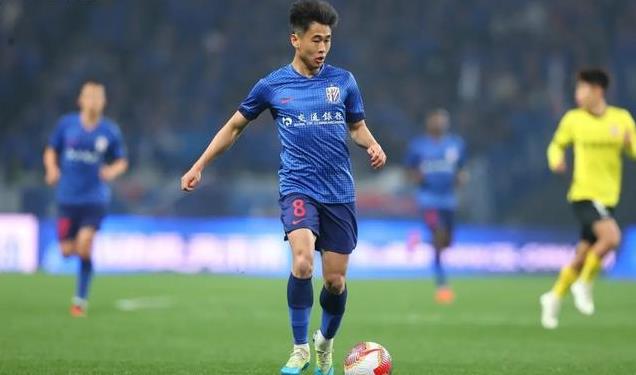
It's not hard to understand why Wolves is interested in him— the Premier League is known for its speed and physicality, and a calm and intelligent central defender like him will always have a place here.
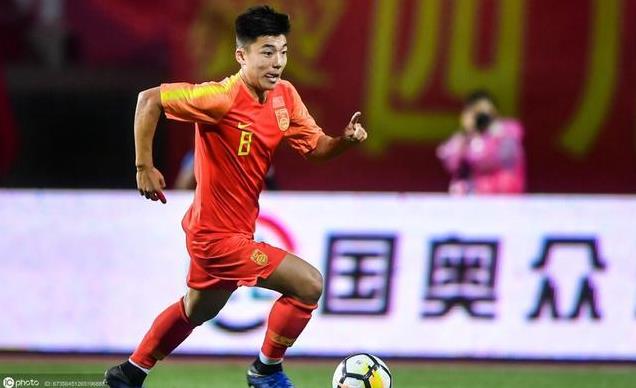
However, he needs to adapt to the fast pace and high intensity of the Premier League. If he can't handle the physical demands and psychological pressure, even the most exquisite technique may falter halfway. Obviously, his European journey will be full of challenges.
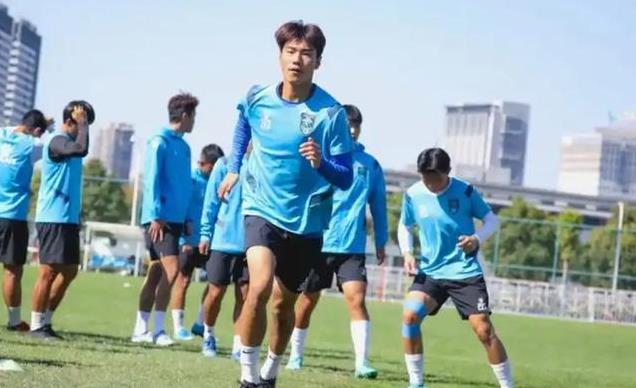
Lu Yongtao's style is somewhat reminiscent of the typical "fast horse on the wing" in the Premier League. With astonishing explosive power and relentless pressing, he has become a nightmare for opposing defenders on the flanks of Nantong Zhiyun. This season, he has repeatedly opened up the game through breakthroughs and crosses, always creating eye-catching performances whenever the ball touches his feet.
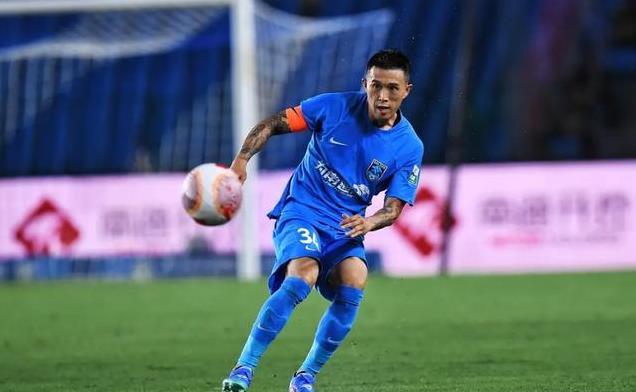
For Wolves, this type of player is exactly what they need. The Premier League's wing battles demand extremely high speed and physical fitness. Whether Lu Yongtao can seamlessly integrate with the team's tactical system remains uncertain. However, his prospects abroad are indeed full of possibilities.
Compared to Liang Shaowen's stability and Lu Yongtao's dynamism, Xue Qinghao stands out with his "nimble brain." As an attacking midfielder, his strengths lie in his delicate dribbling, composed ball control, and most importantly, his ability to end the suspense of a match with a shot that catches the goalkeeper off guard at crucial moments. This season, he has repeatedly helped his team break deadlocks through his unique individual skills at Nantong Zhiyun.
But precisely because of his abundant talent, it means that his sense of rhythm relies heavily on teammate coordination. The midfield battle in the Premier League is like licking blood from the tip of a knife, with physical fitness and practicality placed first. Whether he can find a suitable position at Wolves is also a point of interest.
If this trio's overseas journey marks the beginning of new hope, then from the experiences of Wolves' previous two Chinese players, Dai Weijun and He Zhenyu, we can see the bittersweet outcomes.
Dai Weijun might be the most successful example. After joining Wolves, he accumulated a lot of experience in English football. Although he did not become a core player in the Premier League lineup, upon returning to the Chinese Super League, he quickly became the midfield core of Shenzhen FC. With his superb passing and calm handling of key situations, he has become a regular for the Chinese national team.
However, He Zhenyu's example seems even more "cruel." Once filled with high hopes, he failed to establish himself at Wolves and now can only sit on the bench at Changchun Yatai in the Chinese Super League. "Talent naturally shines, but resilience and adaptability are the keys."
Football experts have commented that going abroad tests a player's all-round abilities, especially the ability to prove oneself amidst constant doubts. Dai Weijun proved that everything can change, while He Zhenyu serves as a warning: players with fragile hearts find it hard to withstand the storms of international competition.
In fact, Chinese football has never stopped exploring ways to send young players abroad. Whether it's Wu Lei joining Espanyol or earlier cases like Li Tie and Sun Jihai going abroad to the Premier League, these examples once gave us hope. But more people's experiences tell us that going abroad is not a show, but a real test—it tests both talent and a player's resilience, adaptability, and tenacity for continuous development.
Nantong Zhiyun is now actively bridging the way for the three players to head to the top five leagues, which is undoubtedly an encouraging move. If successful, this will not only become an important page in the history of Chinese footballers going abroad but will also encourage more clubs to emulate this "cooperation model." However, we cannot expect quick success. Going abroad does not mean an immediate "change of fate," but merely the first step in testing oneself on the international stage.
We look forward to Liang Shaowen, Lu Yongtao, and Xue Qinghao living up to expectations, forging a broader new world for themselves and Chinese football. Regardless of success or failure, they will write their own football stories. Go for it, young men!